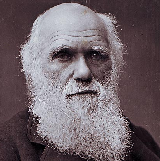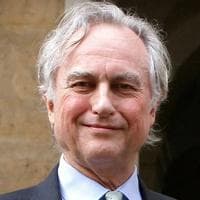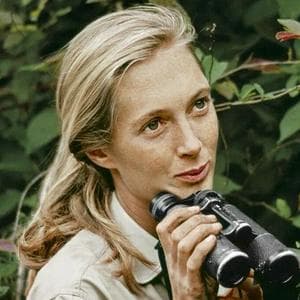Johann Gregor Mendel mbti kişilik türü
Kişilik
"Johann Gregor Mendel hangi kişilik türü? Johann Gregor Mendel, MBTI, 5w6 - so/sp - 592 'de INTP kişilik türüdür, RCOAI, RCOAI, büyük 5, LII' dır."
He is exactly an INTP • He is very precise in every step of his research (Ti-dom). • I can see a lot of his Si-ter. For example, he chose the pea plant because his previous life experience made it a suitable test subject (Si-ter). • He is stubborn with his thoughts. Even if it doesn't bring him any value at the moment. He just did it because he liked it. (Si-ter: want to feel comfortable) • He prioritized justice over government and so in 1868 his scientific work was terminated due to a special tax on Religious organizations. (Fe-inf) • You can see his paper "Plant Breeding Experiments" uses too much math for analysis and is considered difficult to understand (Ti-dom). But 100 years later, his paper was found again and the science of genetics was born. His thinking was truly ahead of its time. (Ti-dom with its fully analytical Ti movement combined with Ne-aux has bold and novel ideas.)
Biyografi
Gregor Johann Mendel was a biologist, meteorologist, mathematician, Augustinian friar and abbot of St. Thomas' Abbey in Brünn (Brno), Margraviate of Moravia. Mendel was born in a German-speaking family in the Silesian part of the Austrian Empire (today's Czech Republic) and gained posthumous recognition as the founder of the modern science of genetics. Though farmers had known for millennia that crossbreeding of animals and plants could favor certain desirable traits, Mendel's pea plant experiments conducted between 1856 and 1863 established many of the rules of heredity, now referred to as the laws of Mendelian inheritance. The profound significance of Mendel's work was not recognized until the turn of the 20th century (more than three decades later) with the rediscovery of his laws. Erich von Tschermak, Hugo de Vries and Carl Correns independently verified several of Mendel's experimental findings in 1900, ushering in the modern age of genetics.
Kişilik correlate

Charles Darwin

Richard Dawkins

Avicenna / Ibn Sina

Jane Goodall

Anthony Fauci

Florence Nightingale

Louis Pasteur

Alexander Fleming





